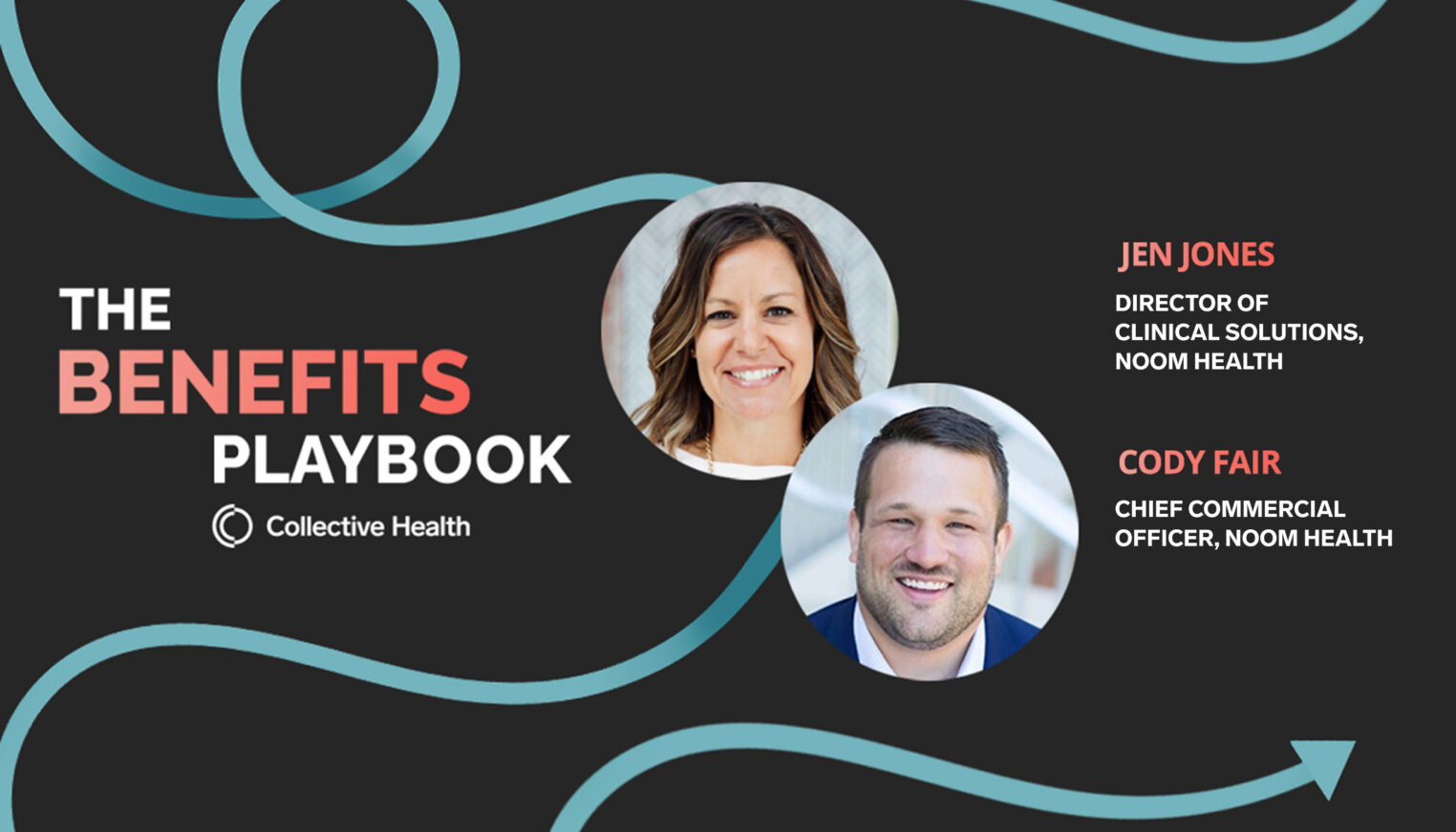On January 30, 2023, the Biden Administration announced its plans to end the COVID-19 Declarations. What does this mean for group health plan sponsors and participants? How will these changes affect group health plan obligations? Read on to learn more.
What’s happening?
Two key COVID-19 pandemic declarations first became effective in 2020 – the public health emergency (“COVID-19 PHE”) and the national emergency (“COVID-19 NE”) (collectively, the “COVID-19 Declarations”). Through the COVID-19 Declarations, the federal government implemented COVID-19 relief initiatives, including group health plan benefit mandates (COVID-19 testing and vaccines) and special administrative rules (to extend certain plan deadlines). Following its January 30, 2023 announcement, the Biden Administration ended the COVID-19 NE on April 10, 2023. The COVID-19 PHE is slated to end on May 11, 2023.
What does this mean for group health plan sponsors and participants?
During the COVID-19 PHE, group health plans were required to extend the following benefits to participants:
- COVID-19 vaccines, even when provided out of network.
- COVID-19 testing and related services, without cost sharing or prior authorization.
- Up to 8 free over-the-counter tests per member per month, without a prescription or physician order.
If the COVID-19 PHE ends as expected, those federal group health plan requirements will no longer apply.
During the COVID-19 NE, group health plans were required to extend the following participant deadlines for the earlier of one year or 60 days after the end of the COVID-19 NE (the so-called “Outbreak Period”):
- The 30 day (or 60 day, as applicable) deadline to request a HIPAA special enrollment.
- The 60 day deadline to elect COBRA coverage.
- The 60 day deadline to notify the plan of a COBRA qualifying event or disability determination under COBRA.
- The COBRA premium payment deadline.
- The deadline to file a claim for benefits under the Employee Retirement Income Security Act (ERISA)’s claims and appeals procedures.
- The deadline to request external review under ERISA’s claims and appeals procedures.
The same extension applied to the 14 day (or 44 day, as applicable) deadline for employers (or plan administrators) to provide qualified beneficiaries with COBRA election notices.
With the COVID-19 NE now over, the above group health plan deadline extensions will no longer apply as of the end of the Outbreak Period (June 9, 2023 – 60 days following the COVID NE’s April 10, 2023 end date).
What should plan sponsors do now?
Consider discussing with your brokers or consultants and legal counsel how the end of the COVID-19 Declarations may impact your related group health plan design and benefits coverage, as well as your corresponding ERISA documentation and participant notification requirements. While decisions will ultimately be specific to each group health plan and plan sponsor, the end of the COVID-19 Declarations creates several plan design and benefits coverage decisions to consider, including:
- Out of network vaccine cost sharing: Although the Affordable Care Act’s preventive services mandate now requires group health plans to cover the current COVID-19 vaccines at no cost in network, plan sponsors must still decide how to handle out of network vaccine cost sharing following the end of the COVID-19 PHE. Plan sponsors will also need to determine how to budget for overall COVID-19 vaccine costs.
- Amount of COVID-19 tests to cover: Plan sponsors will also need to decide the amount of over the counter COVID-19 tests to cover following the end of the COVID-19 PHE (if any). Some plans may wish to require a prescription for coverage of a PCR test. In network versus out of network COVID-19 test cost sharing distinctions will also need to be addressed. Similar questions will apply for the coverage of COVID-19 treatments generally.
- Related COVID-19 benefits: Plan sponsors may also want to consult with advisors regarding ancillary COVID-19 benefits and coverage matters – telehealth and EAP benefits, HDHP/HSA coordination, mental health parity compliance, wellness program initiatives, and any state law COVID-19 employer mandates (i.e., the no cost testing requirement under the Cal/OSHA COVID-19 Prevention Non-Emergency Regulations), to name a few.
- ERISA Requirements: If you’re planning on making any changes to your plan design and benefits coverage when the COVID-19 Declarations end, pay close attention to ERISA’s requirements for documenting those changes and notifying participants. Plan documents, summary plan descriptions (“SPDs”), summary of benefits and coverages (“SBCs”), and related participant communications (e.g., COBRA communications and claims and appeals notifications) should be reviewed and modified as necessary to reflect changes in plan benefits and related rules. You should also discuss with your legal counsel how and when to communicate those plan changes to everyone involved.
How can Collective Health help?
If you’re a Collective Health customer, we can provide current plan coverage information related to the COVID-19 pandemic, answer any questions within our scope of duties relating to this coverage, help you obtain relevant information from medical networks (including COVID-19 benefits utilization), and discuss participant communication needs. At your direction and as appropriate, Collective Health will also update SPDs, SBCs and claims and appeals notices and processes. Please contact your Collective Health Client Success team member with questions. We’re here to help!
Disclaimer: This publication does not constitute legal or tax advice and should not be relied upon as such. This publication also does not summarize all provisions of the laws or address every issue of potential importance and it is not directed at any particular plan or situation. Discuss your specific situation as well as any questions or concerns you may have with your broker or consultant and legal counsel.



